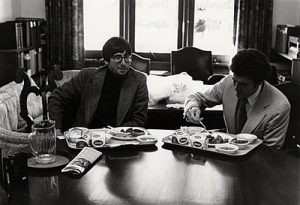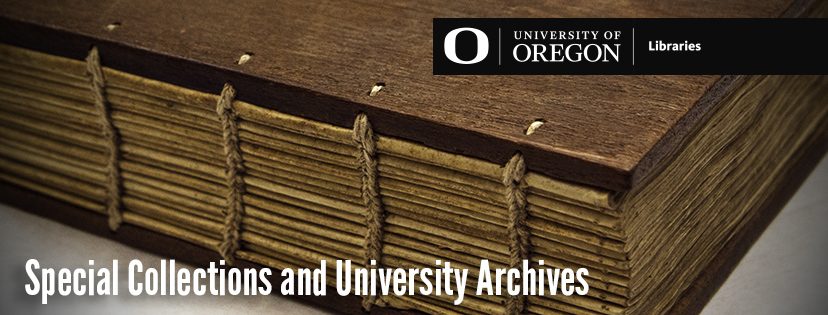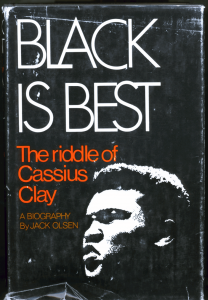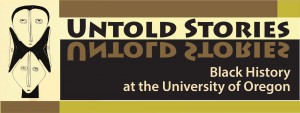The Bureaucracy and Red Tape: President Boyd’s Obstacles to Change at UO
This is the eighth of a series of blog posts highlighting the ongoing work of the Documenting UO History Project within the University Archives. A major part of this project is researching and documenting the often untold and hidden histories of the university’s diverse and underrepresented communities. This year our focus will continue to highlight Black history on campus, specifically Black student activism from the 1960s to present. Prior posts can be seen here.

President William Beaty Boyd served as the University of Oregon President from 1975 to 1980. Boyd is remembered for restructuring the universities administration, and giving the provost predominant control of daily operations. He also worked with production crews from the creators of “Animal House,” and secured a contract so that the Oregon campus could serve as a backdrop for the film. Boyd’s tenure followed an incredibly contentious time for the university, though Boyd enjoyed a relatively calm period for the university. This post highlights his brief tenure and specific achievements related to committees and minority activism.




